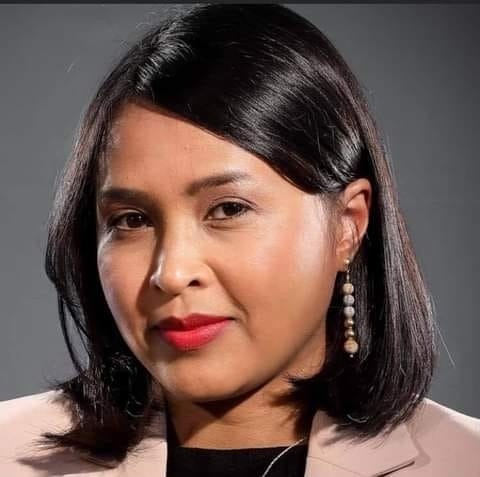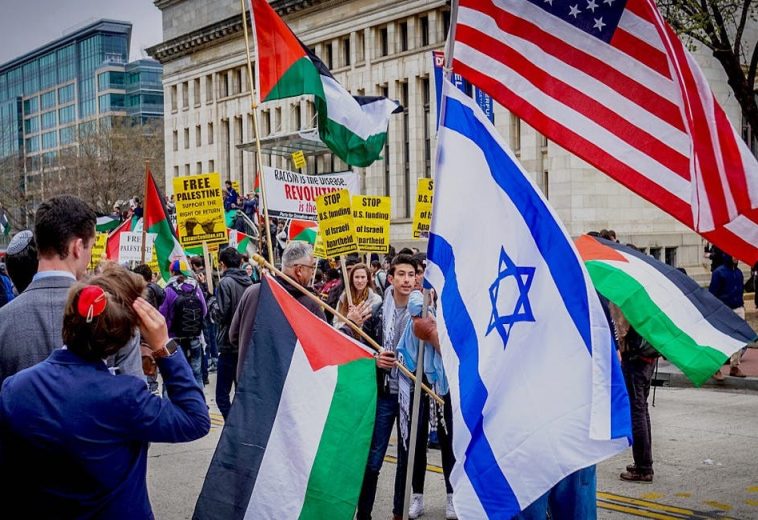Mauritius, a young and evolving island nation, has made significant strides since gaining independence. Transitioning from a one-crop economy to a vibrant, diversified, and inclusive one, Mauritius has seen its per capita income soar from USD 200 in 1968 to USD 12,000 in 2019. Over the past five decades, it has garnered international recognition for its uninterrupted economic growth, notably from 1981 to 2019, driven by diversification which has made it an investors paradise to the global community.
Today, Mauritius boasts over twelve industries supporting its socio-economic development, with the tertiary sector constituting 75 percent of its economy. Achieving high human development status, reduced poverty rates, and improved life expectancy, Mauritius has demonstrated remarkable resilience, weathering the Great Recession and attracting record levels of foreign direct investment. Guided by a vision to become an inclusive, high-income, and green economy, it emerged stronger from the COVID-19 pandemic and the war in Ukraine.
In 2022, its economy grew by 8.8%, the fastest pace in over three decades, and the IMF ranks it among the world’s top 20 fastest-growing economies in 2023. Implementing fiscal consolidation and focusing on economic growth, social inclusion, and sustainable development, Mauritius aims to achieve energy self-sufficiency, producing 60 percent of its electricity from local renewable sources by 2030. The nation also positions itself to adapt to evolving global trends, including AI, fintech, and digitalization, offering diverse opportunities for investors across sectors such as textiles, tourism, renewable energy, and more.
With an array of trade agreements, Mauritius has preferential access to markets with over 3 billion people. Notably, it continues to attract substantial foreign direct investment due to its socio-political stability, robust institutions, good governance, and business-friendly environment, all aligned with its vision for an inclusive, flourishing, and green Mauritius over the past five decades.
Below is an extract of the presentation made by Mauritius’ Minister of Finance, Economic Planning, and Development, Dr. Renganaden Padayachy, in the United Kingdom during the 2023 Africa Business Leadership Award event organized by the African Leadership Magazine, UK.
Mauritius, a young and openly developing island state, has come a long way since its independence.
From a mono-crop economy to a vibrant, resilient, diversified, and inclusive economy, Mauritius’ per capita income jumped from USD 200 in 1968 to USD 12,000 in 2019.
2. Taking its destiny into its own hands, Mauritius set out to develop its economy and society and has made impressive progress since.
3. Over the past five decades, Mauritius has been internationally recognized for having the longest stretch of economic growth without a contraction from 1981 to 2019.

4. This has been possible due mainly to the persistent diversification of the economic base. From a one-crop economy, Mauritius today has more than twelve industries to support its socio-economic development. Sugar production, which used to account for over 25 percent of GDP in the 1960s, now contributes to less than 3 percent of the country’s total output. Moreover, the structure of the economy has evolved. The tertiary sector today makes up about 75 percent of the economy, compared to around 50 percent in 1968.
5. In 2020, Mauritius joined the rank of very high human development countries as measured by the United Nations. The level of poverty has been reduced significantly, with less than 1 percent of the population considered absolute poor as defined by the World Bank. Life expectancy has increased to above 70 years. More than 99 percent of the population has access to safe drinking water, sanitation, and electricity.
6. Over the years, Mauritius’ socio-economic development has shown remarkable resilience. The country has been able to ride out the Great Recession and even attract record levels of FDI.

7. The nation’s vision of the Prime Minister, the Hon. Pravind Kumar Jugnauth, as set out in the Government Programme 2020-2024, is to accelerate the transformation of Mauritius into an inclusive, high-income, and green economy.
8. Learning from the lessons of the COVID-19 pandemic and the war in Ukraine, Mauritius has emerged stronger from the crisis, and we are now building more resilience in the country’s socio-economic fabric.
9. Indeed, in 2022, the Mauritian economy grew by 8.8%, at its fastest pace in over 35 years.
10. According to the IMF’s World Economic Outlook in April 2023, Mauritius was among the 20 fastest-growing economies in the world.

11. In the meantime, we further accelerated our fiscal consolidation, as government debt was lower by 7.2 percentage points, standing at 68.7% at the end of 2022.
12. Going forward, our strategy focused on the following 3 pillars: economic growth, social inclusion, and sustainable development.

13. As such, we are further opening up our country to the outside world while at the same time consolidating our domestic economy. Our policy focus is on greater self-sufficiency in carbon-neutral energy. We aim to produce 60 percent of our electricity needs by 2030 from local renewable sources. This will have multiple benefits to the economy and society in terms of reducing the country’s dependence on foreign sources of energy, reducing our carbon footprint, and improving the country’s external accounts.
14. The other challenges are to adapt our development to the changing global trends, especially as regards AI, fintech, digitalization, rising Africa, and the rapid changes in geopolitical architecture.
15. All these bear out the fact that Mauritius offers a wide and very diversified range of economic activities for investors. These include existing sectors such as textiles and clothing, light manufacturing, tourism, ICT/BPO, financial services, and luxury real estate. In addition, there are emerging sectors such as the renewable energy industry, the agritech sector, the knowledge center of excellence, the data industry, the medical hub, eco- and medical tourism, the silver economy, the medical and biotechnology industries, the creative industry, the circular economy, and the ocean economy with an exclusive marine economic zone of 2.3 million square kilometers.
16. Investors in Mauritius can benefit from a wide array of multilateral and bilateral trade agreements. Mauritius is a member of COMESA, SADC, the Indian Ocean Commission, and the Indian Ocean Rim Association. Mauritius is also a member of the wider African Continental Free Trade Agreement. In recent years, Mauritius has signed a Comprehensive Economic Cooperation and Partnership Agreement (CECPA) with India and a Free Trade Agreement with China.
Together with these trade agreements, Mauritius has preferential access to markets with more than 3 billion people. Mauritius also benefits from the African Growth and Opportunity Act (AGOA) of the USA. The country is also party to an Economic Partnership Agreement between the UK and the Eastern Southern African states and has a long tradition of trade with Europe, to which it sells some 65 percent of its exports and from which it receives some 65 percent of tourist arrivals.

17. In recent years, Mauritius has been receiving record levels of foreign direct investment, which is testimony to the confidence of international investors in its economy and development. The socio-political stability, strong institutions, good governance, a well-developed private sector, modern economic infrastructure, and a business-friendly environment combined with the commitment to realize its vision of an inclusive, flourishing, and green Mauritius are the right recipe for continuing the progress that it has achieved in the past five decades.



